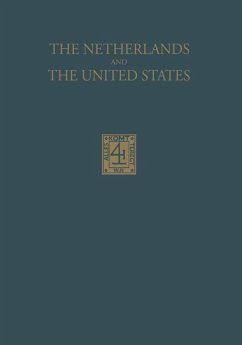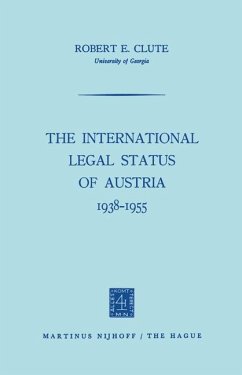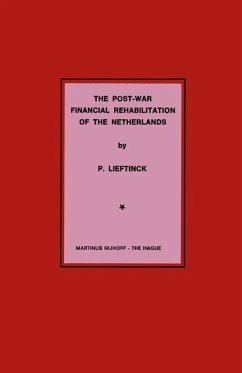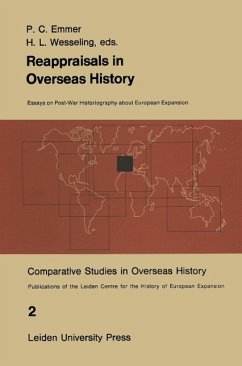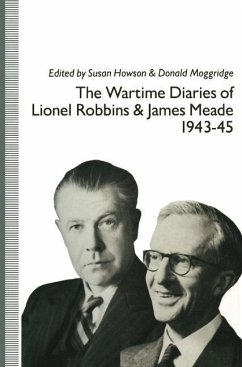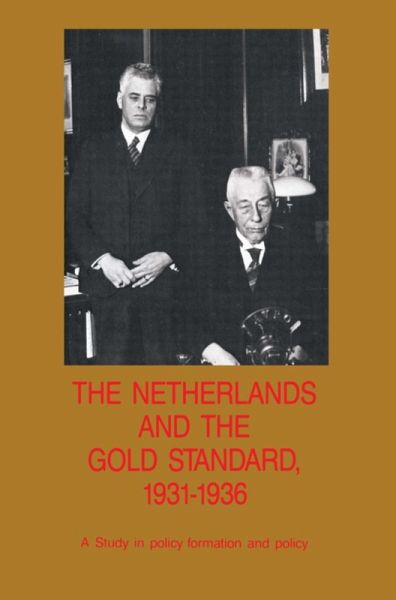
The Netherlands and the Gold Standard, 1931-1936
A Study in policy formation and policy
Herausgegeben: Griffiths, Richard T.
Versandkostenfrei!
Versandfertig in 1-2 Wochen
39,99 €
inkl. MwSt.

PAYBACK Punkte
20 °P sammeln!
On 26 September 1936, deep in the night, the Dutch cabinet took the decision to cut the guilder's link with gold and to devalue its currency. It was the last of the increasingly isolated and beleaguered 'gold bloc' countries to do so, having outlasted Switzerland by less than a day; the last country in Europe in which holders of a currency could exchange it for gold at the rate which had prevailed before the First World War; the last country to leave the gold standard. The reason why the 'Gold Bloc', which in September 1936 comprised only France, Switzerland and the Netherlands, should have hu...
On 26 September 1936, deep in the night, the Dutch cabinet took the decision to cut the guilder's link with gold and to devalue its currency. It was the last of the increasingly isolated and beleaguered 'gold bloc' countries to do so, having outlasted Switzerland by less than a day; the last country in Europe in which holders of a currency could exchange it for gold at the rate which had prevailed before the First World War; the last country to leave the gold standard. The reason why the 'Gold Bloc', which in September 1936 comprised only France, Switzerland and the Netherlands, should have hung on so long is something of a puzzle to historians since it has become virtually axiomatic that their recoveries would have begun sooner and proceded more strongly had they cut the link with gold and devalued their currencies much earlier. The fact that the decision not to do so has been seen as perverse, combined with the fact that in order to cope with the consequences of that decision governments chose to adopt deflationary policies to 'correct' the economy, has led historians for a long time to dismiss a whole generation of politicians and their' advisors' as stubborn, conservative and short-sighted. The Keynesian revolution and the long post-war economic boom had consigned them and their ilk to the dustbin of history for ever.





